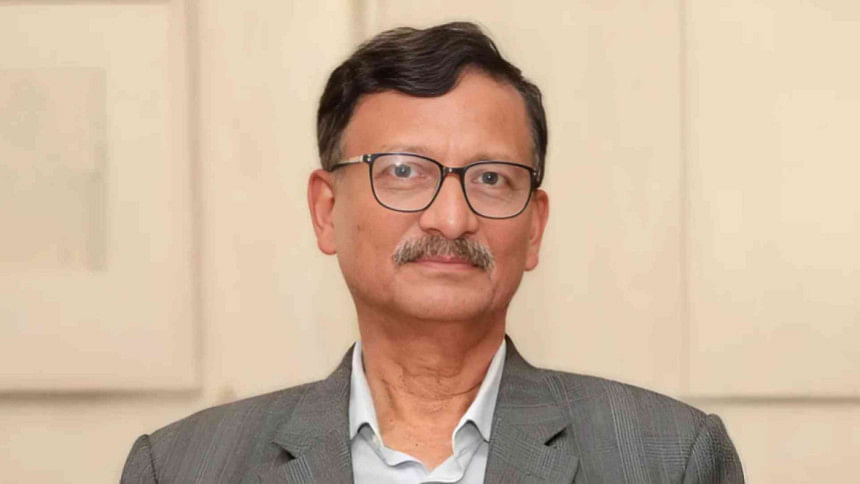Dhaka to continue efforts for Hasina’s extradition: Touhid

Foreign Affairs Adviser Md Touhid Hossain yesterday said the government would continue to pursue the extradition of ousted prime minister Sheikh Hasina, who has reportedly been in India since August 5 last year.
"I don't know who regrets how much, but we see the matter this way -- if necessary, the matter will be followed up," he told reporters at the Ministry of Foreign Affairs when asked whether there was any regret over the government's failure to bring Hasina back nearly a year after the formal request.
Bangladesh sent a diplomatic note (note verbale) to India in December last year, along with a set of supporting documents, formally requesting Hasina's extradition.
He also said Dhaka has sought detailed information from Kuala Lumpur authorities regarding the arrest of 36 Bangladeshi nationals in Malaysia on alleged militancy charges.
Hossain said Dhaka will verify the allegations against the arrested individuals to determine whether they were involved in militancy.
"If they are found to be involved, we will ensure their punishment," he added.
Responding to a question on whether the incident could negatively impact the issuance of Malaysian visas to Bangladeshi nationals in the future, the adviser said, "Any negative incident can affect visa issuance … we cannot say it will not have an impact."
However, he noted that it is important to take appropriate measures in such cases to minimise any potential impact. "If we take proper steps, the impact can be minimised," he added.
On the issue of water-sharing agreements, including the pending Teesta deal and the renewal of the 30-year-old Ganges Water Sharing Treaty -- set to expire next year -- Hossain stressed that such matters need to be resolved through bilateral discussions.
Regarding media reports suggesting that a recent meeting between Dhaka, Beijing, and Islamabad was intended as an alternative alliance to Saarc, Hossain clarified that this interpretation was inaccurate.
The meeting never seemed to be an alternative to Saarc, he said, adding that it was a meeting to discuss some areas of cooperation and was in no way an alliance.

 For all latest news, follow The Daily Star's Google News channel.
For all latest news, follow The Daily Star's Google News channel. 



Comments